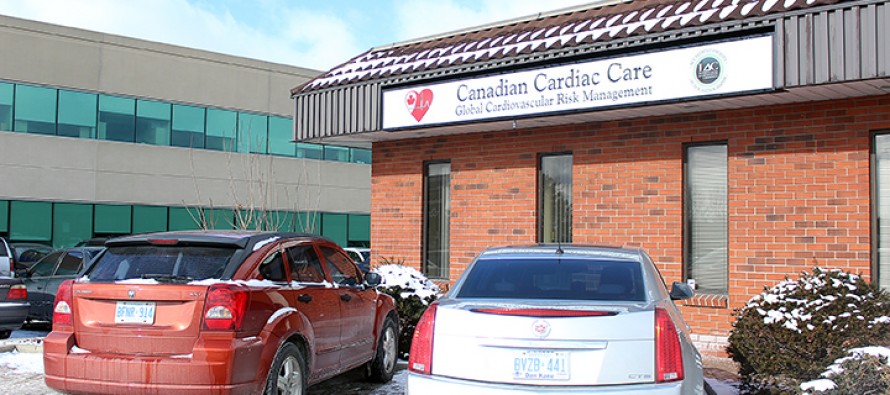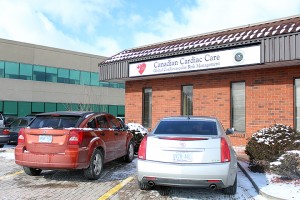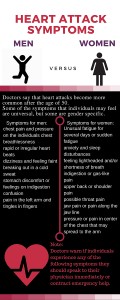Taking it one beat at a time


Windsor Cardiac Wellness Centre is an outpatient clinic providing patient care that promotes prevention and management to those who are at risk for heart attacks and heart complications. Photographed by Lyndi-Colleen Morgan
By Lyndi-Colleen Morgan
According to the Heart and Stroke Foundation of Canada, 70,000 Canadians will have heart attacks this year with the majority being preventable.
HSFC reports that one heart attack will occur every seven minutes. Out of these heart attacks, approximately 14,000 Canadians will die from a treatable condition.
Heart attacks are caused by the buildup of plaque made of fat materials and cholesterol on the inside of artery walls. When arteries become too blocked, a blood clot forms making it harder for the heart to pump blood. This inability to pump blood causes the heart attack.
Factors contributing to heart attacks include high blood pressure, high cholesterol, obesity, diabetes and smoking. Damage caused by a heart attack scars the heart. Scarring will be permanent and may lead to more heart attacks if the patient survives.
According to Doctor of Cardioloy Rajen Chetty, heart attacks become more frequent after age 50. He said the easiest ways to prevent them seem to be the hardest for people.
“Some of the most important things that can be done are what people don’t always want to do, which is diet and exercise,” said Dr. Chetty. “Maintaining a good body weight is important and maintaining a good diet assists in good body weight as well.”
Other treatments for individuals’ later stages of a pre-heart attacks may include medications to dissolve blocks, stents, or bypass surgery.
He said the majority of the work has to be done by the patient. Changing diet and lifestyle choices of those at risk are the first steps for preventing heart attacks or the use of invasive treatments. Dr. Chetty said exercise helps in the process.
“Exercise is part of having a healthy heart,” said “Big Bike” Bob Maurice, member of the Big Bike Ride which raises money for the Heart and Stroke Foundation. “Without a heart, especially a healthy heart, we wouldn’t be able to do a lot.”
Maurice has been a member of the Big Bike ride for the last 13 years. He said he has never personally dealt with heart problems, but has had friends and family die from heart attacks.
“I realize that there are things that I should do for myself to ensure that I have a healthy heart and that I need to take steps before something happens to myself,” he said.
Richard Divnich, 67, a heart attack survivor, said he would have taken steps to prevent his heart attack if he had known he was at risk of having one.
Divnich was 65 when he had his first recognizable heart attack. According to tests doctors found healed scars on his heart. This indicated it may not have been his first attack. He received three stents to prevent further ones from happening.
He said it took him by surprise and all he had was a little pain in his chest.
“When I went to the hospital and the doctors did the tests and told me I was having a heart attack,” said Divnich. “I thought I had just pulled a muscle in my shoulder while golfing.”
He said after having his attack, resources such as the Windsor Cardiac Wellness Centre were made available to him, which helped his rehabilitation.
Dr. Chetty said individuals may experience chest pain or pressure, pain in upper parts of the body, nausea, sweating and dizziness when having a heart attack. If individuals experience symptoms related to a heart attacks they should seek medical assistance for treatment or call 9-1-1.



